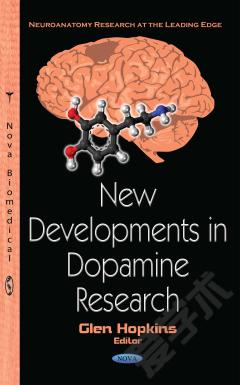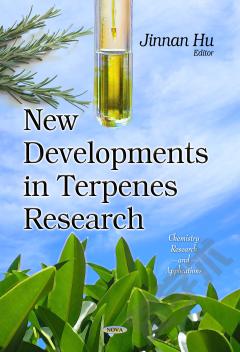New Developments in Serotonin Research
The primary objective of this book is to provide readers with up-to-date knowledge of recent advances in serotonin research across different fields. The research topics include the following aspects: The first chapter provides novel evidence supporting the involvement of genetic variants in the serotonin transporter and receptor genes in the etiology of nicotine dependence and alcoholism through gene-by-gene interaction. The second chapter provides an update on genes and genetic variants in the serotonergic network that have been implicated in sudden infant death syndrome. The third chapter discusses how aggressive social stress such as absence of electricity, cold weather, shortage of food, and social isolation influence the development of chronic stress, pathological aggression, and formation of killer and self-killer organisms and how the distribution and concentration of serotonin in the brain are changed along with these physiological and pathological conditions. Chapter Four shows that serotonin signaling influences many developmental processes both in the central nervous system and in the peripheral organs, and Chapter Five reviews new evidence on the involvement of the brain’s serotonergic system in the regulation of food intake, digestion, and metabolism in fish. The last two chapters describe the identification and purification of a novel serotonin-modulating anticonsolidation protein and show how this protein is involved in memory formation and suppression of drug addiction and epileptic seizures in Chapter 6 and in regulation of mutagenesis and adaptation in Chapter 7. Collectively, this book provides a broad view of recent advances in serotonin research in different species of animals. It is our hope that the book will provide readers with a deeper understanding of these new developments in serotonin research across different disciplines.
{{comment.content}}








 京公网安备 11010802027623号
京公网安备 11010802027623号